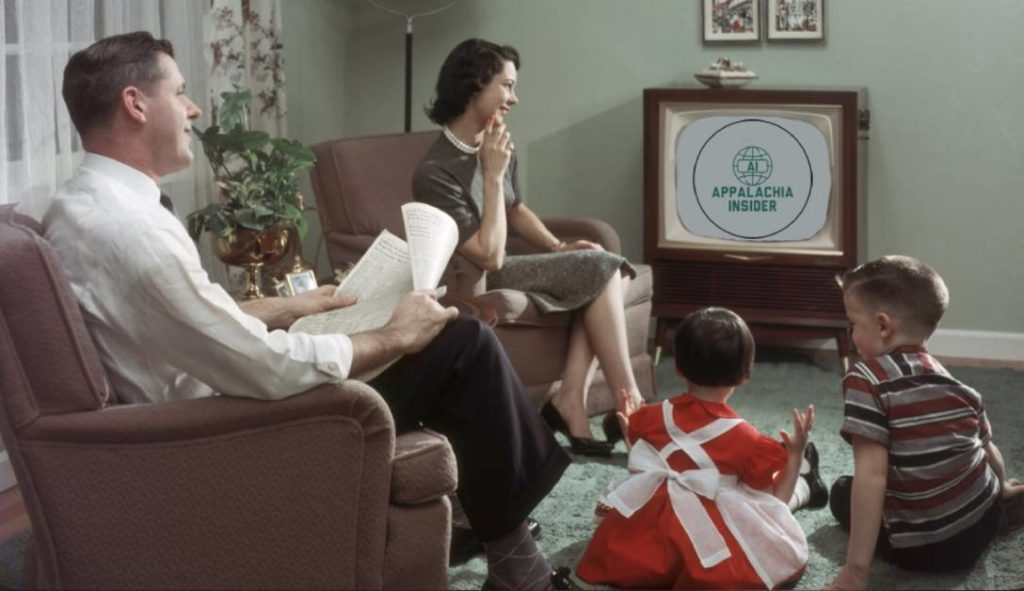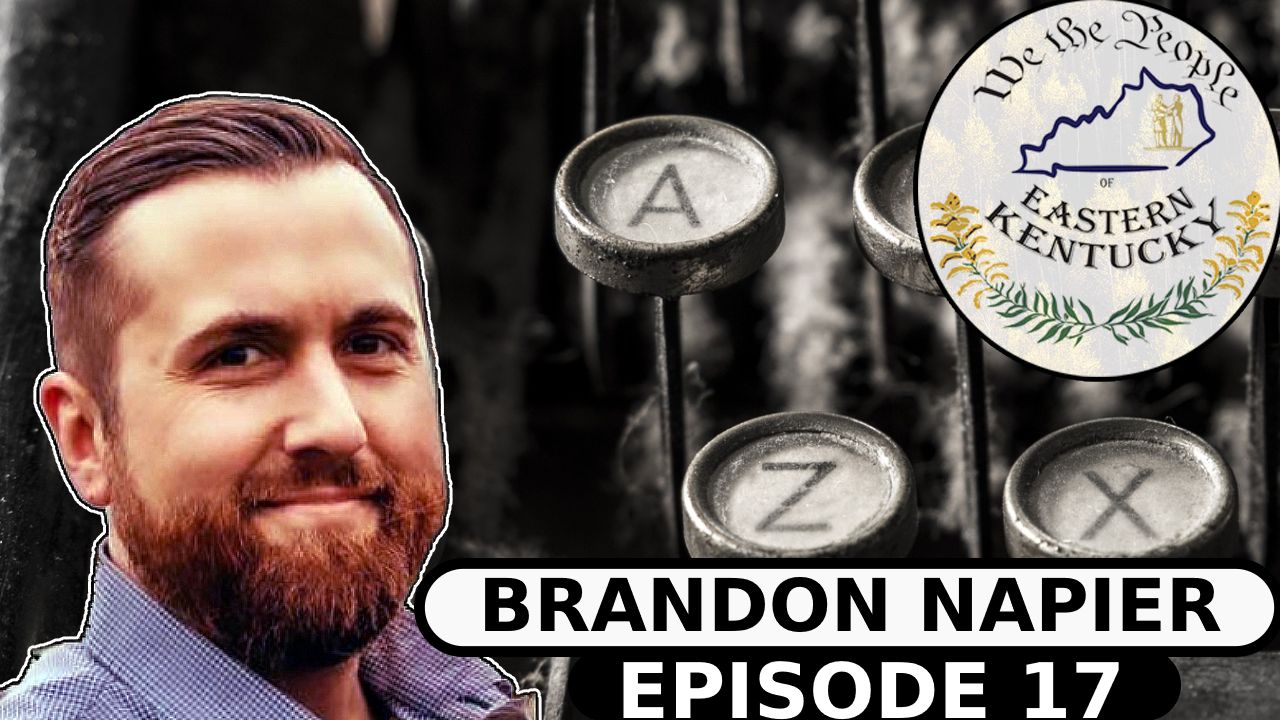
Memories… Can one yearn for a past they never experienced? The answer seems to be a resounding, YES!
For millennials and Generation Z, this nostalgic yearning extends far beyond a mere longing for the material trappings of a specific era. Instead, it embodies a profound desire for the values and ideals associated with that time—an aspiration for a sense of community, belonging, and shared purpose that transcends the constraints of time.
Embracing this nostalgia, they are not attempting to recreate the past, but rather to reclaim elements of it that resonate deeply with their own experiences and aspirations. It serves as a form of cultural memory—a legacy passed down through stories, traditions, and shared experiences—that shapes their identities and informs their understanding of the world around them.
Share This!
The Big BOOM!!!
Central to the tribulations of millennials and Generation Z is the enduring legacy of economic decisions made by the baby boomer generation. Born into an era of unprecedented economic prosperity and societal transformation, baby boomers reaped the benefits of robust job markets, affordable housing, and generous social safety nets. However, the policies and actions of this generation have left subsequent cohorts grappling with the aftermath, struggling to achieve the same level of prosperity and security.
The baby boomer era witnessed the ascendance of neoliberal economic ideologies, characterized by deregulation, globalization, and the primacy of corporate interests. Policies championed by figures like Ronald Reagan and Margaret Thatcher heralded the erosion of worker rights, the outsourcing of jobs, and the diminishing power of labor unions. Moreover, the financialization of the economy and the prioritization of shareholder value over long-term investment fueled a surge in income inequality and undermined economic mobility.
Additionally, the baby boomer generation’s approach to essential social goods, such as healthcare and education, has left a lasting impact on subsequent generations. The escalating costs of healthcare and education, housing, and food coupled with stagnant wages, have burdened millennials and Generation Z with unprecedented levels of debt and financial insecurity, impeding their ability to achieve economic independence and prosperity.
Echoes of Tomorrow…
In essence, the nostalgia for a past they never lived through serves as a poignant reminder of the enduring influence of collective memory and the human capacity for resilience and hope. It underscores not only the longing for bygone eras but also the profound desire to return to a time of cherished family values and the ideal of single-income middle-class households.
For millennials and Generation Z, the allure of a simpler time, where family bonds were paramount and one income could sustain a household, represents a beacon of hope amidst the complexities of modern life. They yearn for the sense of security and stability that characterized an era when a single job could provide enough income to support a family, allowing parents to prioritize time spent together over the pursuit of material wealth.
In this vision of the future, family values take center stage, fostering stronger connections and deeper bonds among loved ones. It’s a return to a time when meals were shared around the dinner table, evenings were spent in meaningful conversation rather than endless scrolling through social media feeds, and weekends were devoted to quality time with family and friends.
Moreover, the ideal of single-income middle-class households symbolizes more than just economic stability—it embodies a commitment to prioritizing the well-being of families over corporate profits and shareholder value. It’s a rejection of the relentless pursuit of wealth for the corporate elite, in favor of a more balanced and fulfilling way of life, where happiness is measured not by one’s willingness to devote endless hours of their life to “the company” but by the richness of one’s relationships and experiences.
As millennials and Generation Z chart a course toward this re-imagined future, they are called to challenge the status quo and advocate for policies and practices that prioritize the needs of families and communities over the interests of corporations and the wealthy elite. It’s a journey fueled by a collective vision of a more nurturing and equitable society, where everyone has the opportunity to thrive and flourish, regardless of their background or circumstances.
In this pursuit of a brighter tomorrow, nostalgia serves as both a guiding light and a cautionary tale, reminding us of the values and traditions worth preserving while challenging us to envision new possibilities for the future. It’s a journey that requires courage, creativity, and collaboration—a journey that millennials and Generation Z are uniquely positioned to lead as they strive to build a world that reflects their deepest aspirations and ideals.
If you would like to have your business or community event promoted, be sure to check out our about page and learn how to contact us directly!
-
Salyersville Mayor Stanley Howard Faces Lawsuit Over Alleged Wrongful Terminations
Two former employees of the City of Salyersville have initiated legal action against Salyersville Mayor Stanley Howard and the Salyersville City Council, alleging wrongful termination. The lawsuit was filed on July 9 by attorney Ned Pillersdorf, representing Brandon Allen and Dustin Allen. Details of the Complaint The complaint, lodged in Magoffin County Circuit Court, accuses…
-
Discover the Heart of Eastern Kentucky: A Conversation with Poet Brandon Napier
Discover the Heart of Eastern Kentucky: A Conversation with Poet Brandon Napier. In the quiet corners of Magoffin County, the rich tradition of storytelling and creative expression finds a contemporary voice in the works of local poet Brandon Napier. This week, on Episode 17 of the We the People of Eastern Kentucky podcast, we have…




.jpg)